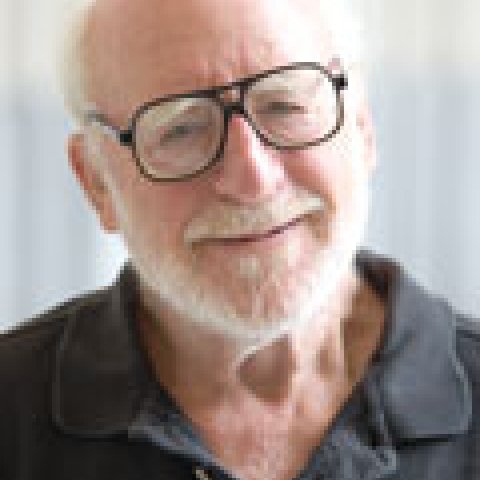Howard Margolis
Fellow
Professional Affiliation
Professor, Harris School of Public Policy, University of Chicago
Expert Bio
Over the past 20-odd years I have written a series of books with the common characteristic that a novel conceptual view is developed—-or in the later books an elaboration or extension of such a view-—which is then applied to an important empirical issue. This has proven to yield substantial novel insights into the empirical material. The main empirical results of the earlier work are an account of the frequent and socially important conflicts of lay vs. expert intuition on environmental issues (Dealing with Risk, 1996) and a novel account of the Scientific Revolution (It Started with Copernicus, 2002). The main conceptual results have been an extension of the standard economic model of rational choice to allow for social as well as self-interested motivation (Selfishness, Altruism and Rationality, 1982), an account of cognitive illusions in terms of entrenched habits of mind (Patterns, Thinking and Cognition, 1987 et seq.), and a forthcoming book that applies both conceptual developments to give an account of anomalies in experimental economics. The fundamental focus of that work is on what ought to be seen as the fundamental problem for the social sciences: how far and under what conditions can human cooperation be sustained or disrupted? Both the major empirical applications just mentioned are tied to the cognitive work, without much need to deal with the further complications of the work on cooperation. For cognitive anomalies are most easily important in contexts outside the range where everyday experience can correct faulty intuitions. Large scale political and social cooperation is mostly about issues beyond the scale of familiar experience, where how issues are perceived can stray from how things will someday look to historians. But the cases mentioned (of expert vs. lay intuitions with respect to environmental risk and of the highly counter-intuitive founding discoveries of the Scientific Revolution) conspicuously satisfy that criterion, without much concern for effects tied to the conditions for successful cooperation. So they are simpler. Both cognitive anomalies and the puzzles of what governs social cooperation do not need to be in play. The project at the Wilson Center is motivated by the opportunity take on the larger challenge with respect to a topic (terrorism) of extraordinary interest. For both those who would promote terrorist tactics and those who work to disrupt that are actors confronted with competing social and self-interested incentives, like the subjects in laboratory choice experiments, on however more vast a scale.
Education
B.A., Political Science, Harvard University; Ph.D., Political Science, Massachusetts Institute of Technology
Experience
- Professor of Public Policy, Harris School of Public Policy, University of Chicago, 1989-present
- Senior Lecturer, Harris School of Public Policy, University of Chicago, 1985-89
- Visiting Scholar, Russell Sage Foundation, 1983-84
- Member, Institute for Advanced Studies, Princeton, 1982-83
Expertise
Cooperation; risk; history of science; cognition
Wilson Center Project
"Cooperation and Terrorism"
Project Summary
Questions for this project are: How are terrorists able to cooperate to mount complex operations in the face of powerful efforts to disrupt that? Why do the FBI and CIA have such difficulty cooperating? And how might comparative analysis of these severely contrasting but intimately related contexts clarify some of the puzzles?
Major Publications
- It Started with Copernicus: How Turning the World Inside Out Led to the Scientific Revolution (McGraw-Hill, 2002)
- Dealing with Risk: Why Expert and Lay Intuition Conflict, and What Might Be Done About It (University of Chicago Press, 1996)
- Selfishness, Altruism and Rationality: A Theory of Judgment (University of Chicago Press, 1987)
